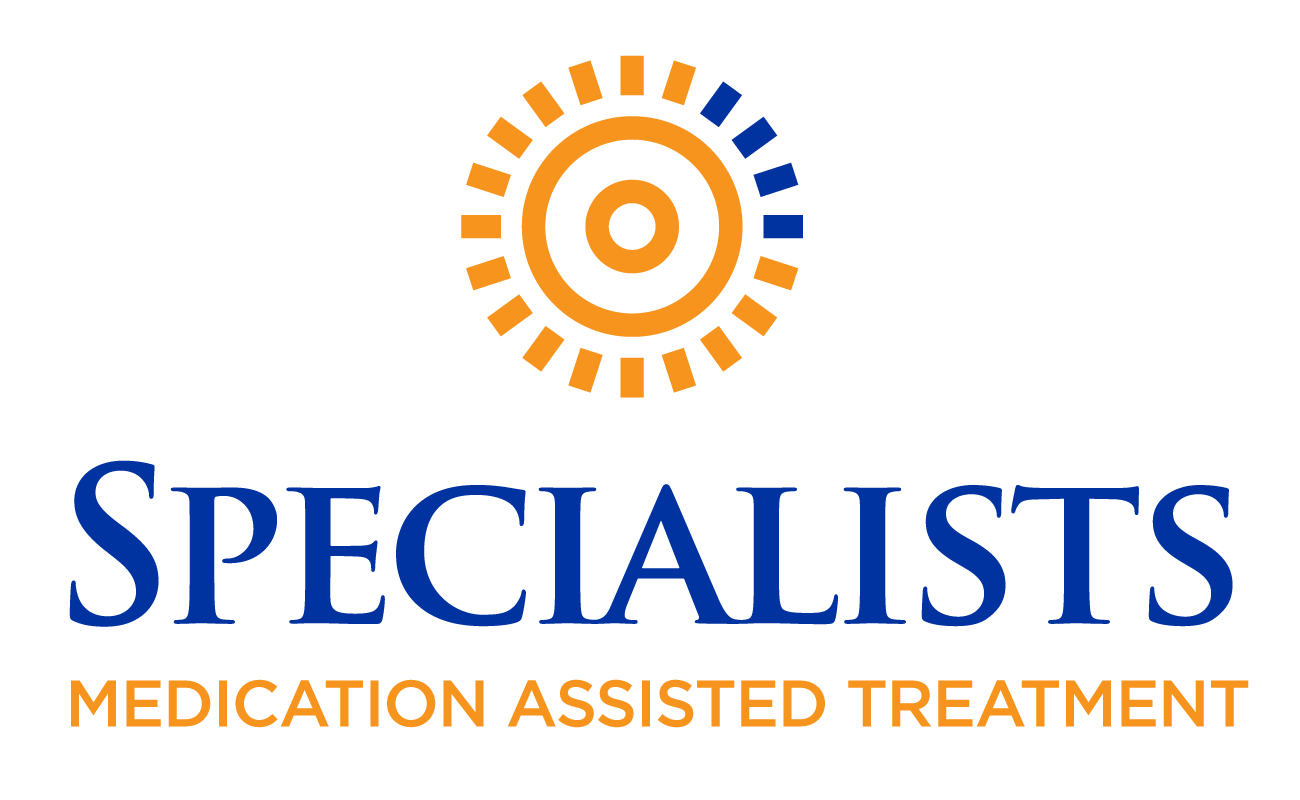3310 Ruckriegel Parkway Jeffersontown, KY 40299
110 Chase Way, Suite #2 Elizabethtown, KY 42701
 110 Chase Way, Suite #2 Elizabethtown, KY 42701 |
110 Chase Way, Suite #2 Elizabethtown, KY 42701 |
 3310 Ruckriegel Parkway Jeffersontown, KY 40299
3310 Ruckriegel Parkway Jeffersontown, KY 40299
The wrong questions to ask
The Wrong Questions to Ask
Medication-assisted treatment (MAT) is an effective response to opioid use disorder. It is the use of medications, such as Suboxone, in combination with behavioral therapies, to provide a whole-patient approach to the treatment of substance use disorders.
THE WRONG QUESTIONS TO ASK
- What are the cure rates?
- Do you ever get patients off the drug?
- Are you just substituting one addictive drug for another?
While having patients off all medications is a laudable goal, the reality is that individuals receiving MAT often demonstrate dramatic improvement in addiction-related behaviors and psychosocial functioning. Experts often call it "harm reduction" as treatment helps people stop using the problem drug. It helps them get through withdrawal and cope with cravings. Treatment also helps them move away from other harmful behaviors.
DID YOU KNOW?
Most opioid addicts fail to get high from their daily use of drugs. The chronicity of their drug abuse would suggest that most addicts cannot afford enough “product” to get high. Addicts continue to use drugs to avoid being sick. It is called “maintaining” or “just getting well”.
4 RISKS OF OPIOID ADDICTION
1.
Can you imagine spending greater than $100 - $200 a day for pain pills or heroin --every day for years on end -- just to maintain some sense of normalcy? This is the economic risk.
2.
Most opioid addicted patients spend hours a day chasing drugs making it difficult to hold jobs or maintain relationships. This is the time risk.
3.
Hepatitis C is prevalent amongst IV drug users. Overdose deaths have surpassed trac fatalities as the leading cause of death in the country. This is the health risk.
4.
Opioid users often end up in the court system whether it be in criminal courts for illegal heroin use or in family courts for custody issues and disintegration of the family structure. This is the legal risk.
FOCUS ON “HARM REDUCTION”
The use of Medication Assisted Treatment should be seen as “harm reduction”. Medication allows the patient to regain a normal state of mind, free of drug-induced highs and lows. It frees the person from thinking all the time about the drug. It can reduce problems of withdrawal and craving. These changes can give the person the chance to focus on the lifestyle changes (i.e., the role of counseling) that lead back to healthy living. If done appropriately, MAT will “clean up” the economic, health and legal risks that most opioid addicts encounter.
THIS ISN’T JUST A MATTER OF WILL POWER
Opioid use disorder is different. It is not a sign of weakness. Most people cannot just walk away from addiction. They need help, like MAT (i.e., Suboxone), to change addictive behavior into non addictive, healthful patterns.
THIS IS CALLED RECOVERY
Opioid addiction is a chronic disease, like heart disease or diabetes. A chronic disease is a medical condition for life. It cannot be cured, but it can be managed. A person with addiction can regain a healthy, productive life. This is called recovery.
Specialists MAT
3310 Ruckriegel Parkway Jeffersontown, KY 40299
BUSINESS OFFICE
110 Chase Way, Suite #2 Elizabethtown, KY 42701
(502)
996-8359
Book your appointment today!
Copyright © 2021 All Rights Reserved Specialists Medication Assisted Treatment. | Created by
Olive + Ash. Managed by
Olive Street Design.


